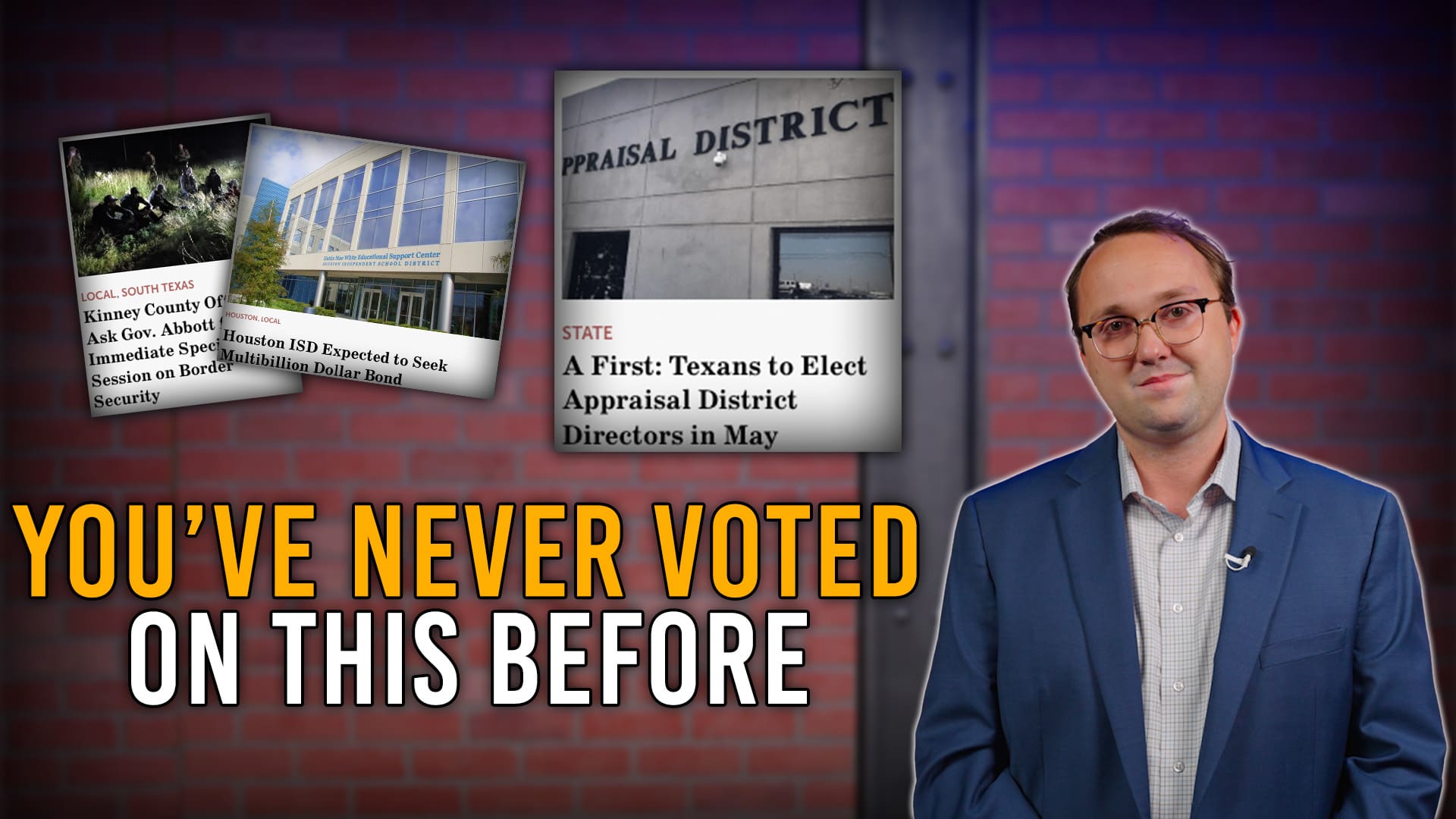This legislative session has revealed the importance of keeping a tight control over government spending in good times, so that bad times aren’t nearly so rough. But with just days left in Texas’ legislative session, hopes are dimming for such reform unless lawmakers listen to their constituents.
Tightening the state’s constitutional spending limit — either through a constitutional amendment or a statutory reform — has been at the forefront of the taxpayers’ agenda for nearly a decade.
Believe it or not, the state does have a spending limit in place. But the current “limit” has been ineffective, as has been demonstrated by the Texas Public Policy Foundation and the Texas Conservative Coalition Research Institute. From 1990 to today, state spending has risen 300 percent, while the combined rate of population growth plus inflation have increased by only 115 percent.
The Texas Republican Party has had ballot questions about spending limits, and each time voters respond overwhelmingly. In the 2010 GOP Primary, it received more than 90% of the vote!
The measure is a plank in the 2010 GOP platform: “Fiscal Responsibility — We urge state and federal legislators to reduce spending. We also support a “cap” on government spending at all levels, with adjustments based only on inflation and population change.”
There are excellent bills to do just that by Reps. Kelly Hancock, Bill Callegari and Ken Paxton, and Sen. Dan Patrick.
So it’s perplexing why the GOP controlled legislature — including the super-majority in the House — hasn’t yet taken action on it.
Only last week, the House Appropriations Committee finally held perfunctory hearings on constitutional and statutory limits. Unfortunately, Chairman Pitts has hasn’t passed them out of the Committee he controls to move spending limits to the House floor.
We’ve learned that it seems the house leadership has no intention of moving spending limits to the House floor.
If this belt-tightening-session has taught us anything, it’s that slowing the rate of government growth is essential to sound fiscal policy. By limiting how much government can grow, we make sure state government always lives easily within the taxpayers’ means with an exception for the most dire of situations.
Legislators still have time this Session to take action on reforming spending limits — they just need to hear from you!




